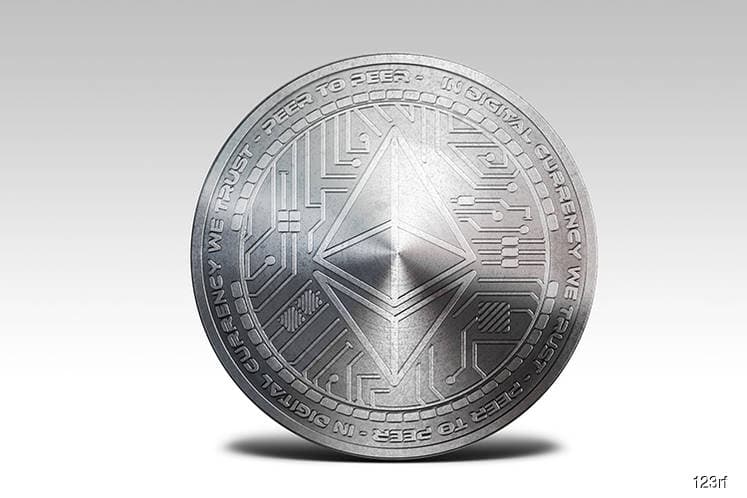
This article first appeared in The Edge Financial Daily on August 27, 2018
KUALA LUMPUR: After the tumble early in the year and the subsequent volatility in prices, there is every likelihood that 2018 will be a bad year for bitcoin and other cryptocurrencies. For all the promises these digital currencies hold for investors and enthusiasts, the euphoria which started in 2017 has now turned into disappointment.
But despite the decline in the value of cryptocurrencies, 2018 has also been a year of reconciliation for the industry, which is seen as a positive development.
“Adoption is actually increasing within the industry,” said Yusho Liu, co-founder and chief executive officer (CEO) of Singapore-based Coinhako. “In April 2018, ICO (initial coin offering) funding had already surpassed 2017’s total.”
“There has been an influx of companies looking to set up shop while leveraging on blockchain technology,” Liu told The Edge Financial Daily.
“With regulatory frameworks in the works, coupled with the increase in adoption within the industry, better infrastructure and greater expertise for cryptocurrencies and blockchain are expected,” he said.
He added that the higher level of adoption would help reduce market friction and restore investor confidence, thereby having a positive push-up effect on prices in the long term.
Indeed, from ICOs to retailers, the blockchain technology is viewed as a potential game changer.
Just this month, Intercontinental Exchange announced that it is working with a several groups, including Starbucks, Microsoft and BCG, to create an integrated platform that enables consumers and institutions to buy, sell, store and spend digital assets on a seamless global network.
Microsoft also debuted a new blockchain as a service product that allows businesses across industry verticals to deploy a flexible instance of Ethereum (one of the better known cryptocurrencies in the market) tailored specifically for enterprise environments.
Even the investment institutions are getting on board with JPMorgan, Goldman Sachs and Barclays exploring cryptocurrency and associated derivatives.
Recall that JPMorgan’s CEO, Jamie Dimon, was infamously known for his comment on bitcoin being a “fraud” at an investors’ meeting in 2017. It did not take long for Dimon to say in public that he regretted the terms he used.
Most recently, the Turkish lira crisis has helped to emphasise the importance of digital currencies. Turkish cryptocurrency exchanges such as Koinim and BtcTurk have seen a surge in trading volume as the lira was hit by economic mismanagement by the Turkish government as well as sanctions by the US.
The digital currency has become a channel in crisis-hit countries to preserve the value of their investment amid a collapse in their currencies.
At home, Bank Negara Malaysia has issued a policy after a public consultation in December last year, focusing mainly on some of the obligations imposed on digital currency exchangers, including businesses providing intermediary services involving digital currencies.
The anti-money laundering and counter-terrorism financing policy for digital currencies were also introduced.
The central bank has, however, cautioned on the trading of cryptocurrencies as it is not covered by prudential and market conduct standards nor arrangements that are applicable to financial institutions regulated by the bank.
Danny Wong, CEO of fund management firm Areca Capital Sdn Bhd, said that despite the sharp drop in bitcoin prices, there is no basis or fundamentals for valuation when it comes to cryptocurrencies.
“There is no valuation that we could look into for us to buy into such alternative investment. It’s not within our investment philosophy so we’re not looking at it even though its [bitcoin] price has dropped significantly,” Wong said when asked if the conventional investment house is looking at cryptocurrencies as an alternative investment.
Nonetheless, despite the sharp decline which saw some speculators getting their fingers burnt, it would be somewhat far-fetched to claim that the bubble has burst.
While cryptocurrencies, which were supposed to disrupt the banking industry were themselves disrupted in 2018, the decline has hardly hurt those who believe in the digital currency.
Recall that bitcoin was only trading at the US$1,000 level at the beginning of 2017 but went on to rise to about US$20,000 in December.
It may or may not hit the US$50,000 (RM204,500) or US$100,000 mark that some have dreamed of, but the stability and resilience shown in recent months as well as the rapidly evolving blockchain technology might be just what it needs for 2018.